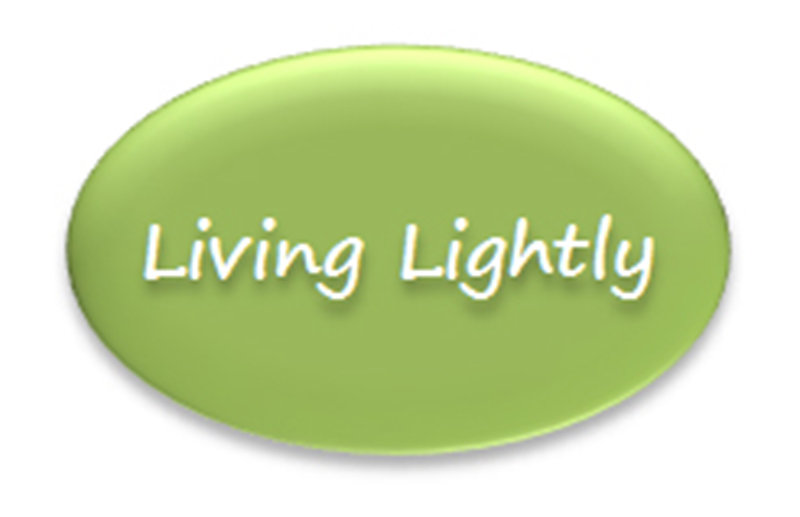By Gill Baker
Back in the day of my youth the BBC ran some excellent children’s programs, and my favourite presenters of wild life shows was David Attenborough. So, unlike most of the world’s population, I was privileged to meet pangolins, armadillos and rainforests via this medium, thus gaining a lifetime love of the natural world.
Sir David Attenborough has been one of my heroes ever since, and recently he was interviewed at the World Economic Forum in Davos. David reminded his audience that half a century ago, when the global population was a third of what it is now, in some parts of the world there were still ‘Gardens of Eden’, but few could aspire to see them.
Now technology allows us to dive on the Barrier Reef with him, or explore the canopies of rainforests. Never have we been able to see into life and nature as we can today, but never have we been so numerous, powerful and pervasive and so close to annihilating whole species.
Why is it important to protect endangered species? Because everything is connected, and whether we like it or not, what we do to other species we do to ourselves.
Sir David gave the example of hunting sea otters for their fashionable fur. Over time fish numbers diminished as the ecosystem to which the sea otter belonged was disturbed, the sea bed ‘forests’ where hatchlings developed into adult fish were disappearing. A parallel to what is happening on coral reefs today. The complexity of relationships was just not understood.
This creeping disaster began in Britain with the industrial revolution, and a belief that the natural world was there to exploit and conquer.
These days most of us live in cities, and have lost the connection with nature that little children should develop when they first discover its wonders. A slug waving its tentacles, baby birds trying to fly, bees collecting honey from a rose, all in time leading to a deep love and respect for nature.
Perhaps there’s hope in the fact that this interview was happening at a forum of world leaders, and that many countries have committed to keeping global warming below 1.5-2 degrees.
Sir David concluded ‘we do have the power and the knowledge to live in harmony with the natural world,’ but is this enough?

